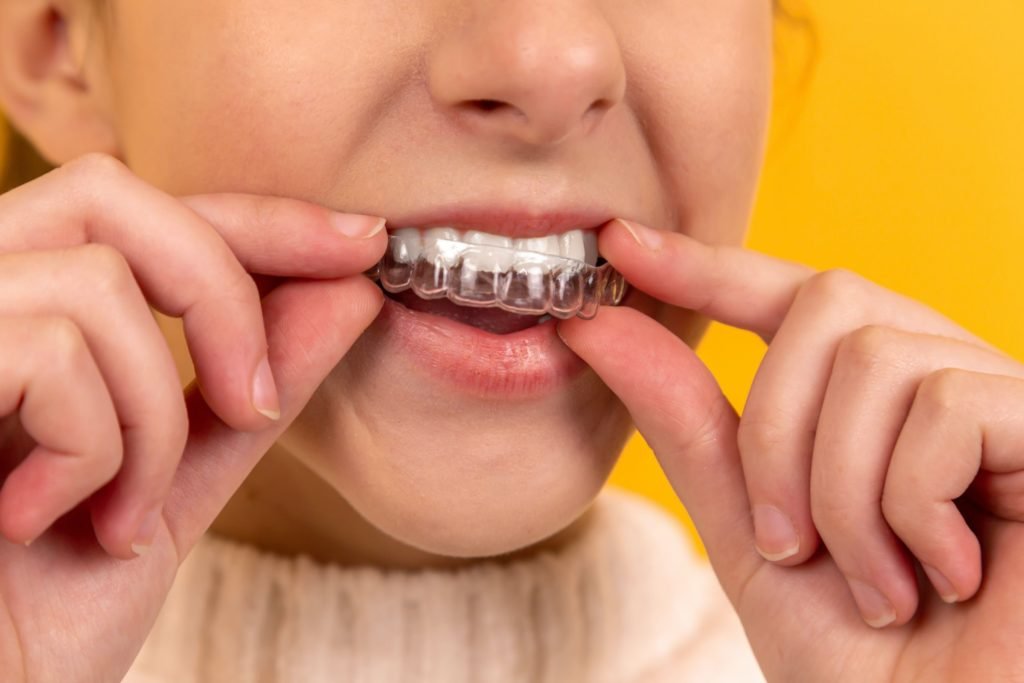Wisdom teeth are usually the last to come out; they typically grow during the late teens or early twenties when the other 28 adult teeth are in place. Therefore, there is not always enough room in the mouth for them to grow correctly. Due to inadequate space, Wisdom Teeth Jasper can emerge at an angle or get stuck and partially emerge (impacted). Impacted teeth can be painful and sometimes cause an infection. Brushing these teeth can also be difficult, increasing your risk of tooth decay and gum infections. However, sometimes impacted teeth do not cause any problems; in such cases, removal may not be necessary since it has no proven benefit and carries the risk of complications.
Why would I Need Wisdom Teeth Removal?
Your dentist may recommend removing your wisdom teeth to avoid dental problems such as gum disease, tooth decay, cellulitis, and abscess. The risk of developing these problems is higher because food and bacteria can get trapped at the edge of your wisdom teeth, and removing them can be challenging. If your wisdom teeth are problematic, your oral health professional may recommend that you have them removed.
How are Wisdom Teeth Removed?
Your healthcare provider injects local anesthesia into the gums surrounding the tooth so you do not feel pain during the procedure. You may feel pressure as the surgeon rocks the tooth back and forth to widen the tooth socket, but this should not be painful. Sometimes the dental professional may need to make a small incision in the gum and cut the tooth into pieces before removing it. It may take 20 minutes to remove the teeth, but sometimes the procedure takes longer.
After the local anesthesia wears off, you may have some swelling and pain inside and outside your mouth. There might also be some mild bruising; these side effects are usually worse for the first three days but may last two weeks.
How Safe is the Procedure?
Removing wisdom teeth is relatively safe when a board-certified and skilled surgeon performs the procedure. However, as with all surgeries, several risks are associated with the process. For example, an infection may develop at the surgical site, or healing may take longer than usual; these are likely to occur if you smoke during your recovery period. Smoking constricts your blood vessels, limiting oxygen and nutrient supply to your tissues, causing delayed healing. For this reason, the procedure may not be a good option for heavy smokers and people with conditions that impede healing, like diabetes.
A dry socket is another possible complication, whereby you experience a dull, aching sensation in the gum or jaw. Sometimes a foul smell or bad taste may come out from the tooth socket, causing bad breath. Following the after-care instructions as your dentist requires can help you prevent a dry socket. Some nerves can be damaged during surgery, causing a tingling or loss of sensation in your tongue, teeth, gums, lower lip, and chin. Usually, nerve damage is temporary, but it can have lasting effects in rare cases.
If your wisdom teeth are problematic, consult your oral health professional at Advanced Dental Care of East Texas to know if you can have them removed.


